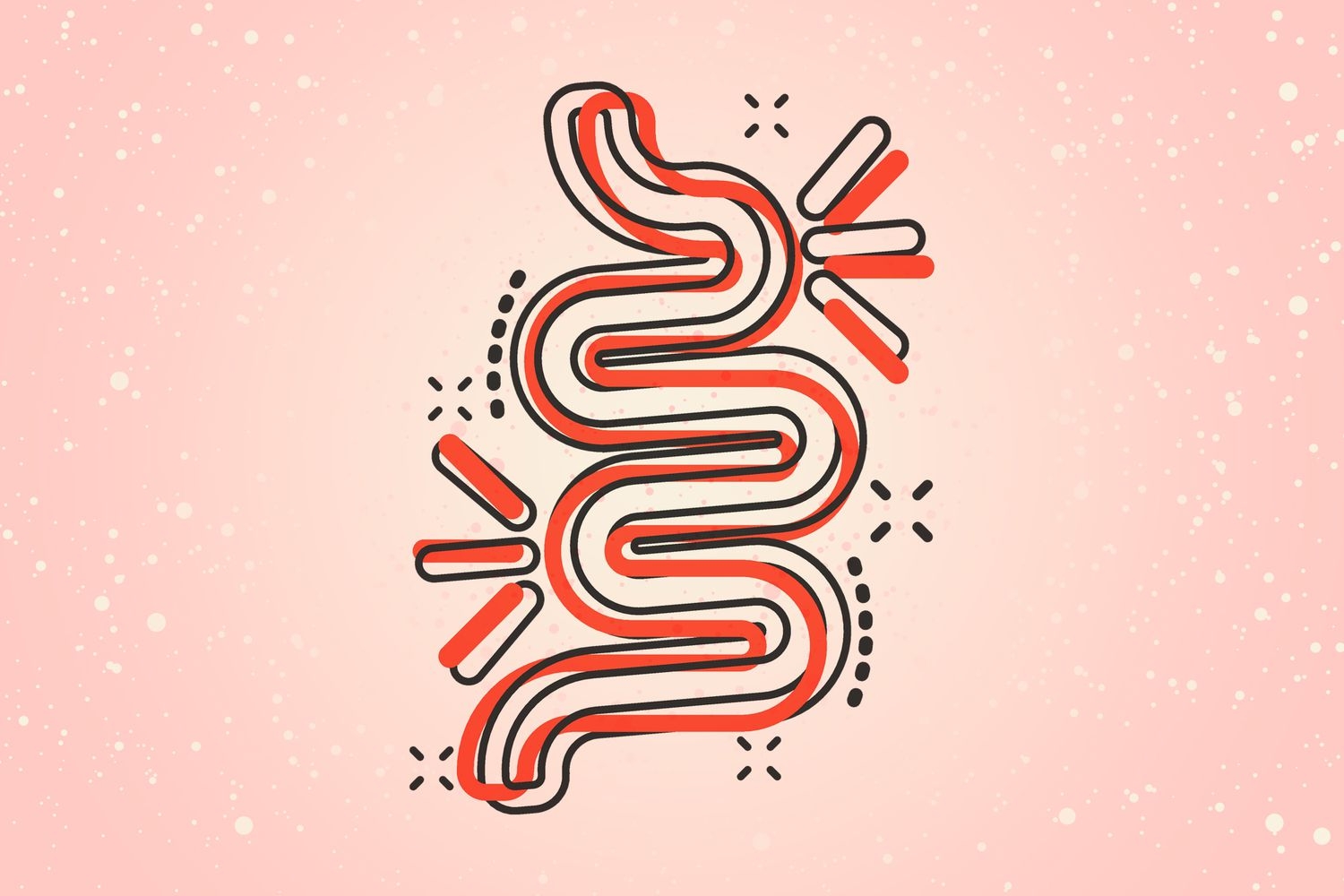The connection between gut health and overall wellbeing is a topic that has gained significant attention in recent years. Your gut, often referred to as the “second brain,” plays a crucial role in regulating numerous bodily functions, from digestion to immunity and even mental health. Maintaining a balanced gut microbiome—home to trillions of bacteria and microorganisms—is essential for optimal health.
In this blog, we’ll explore how your gut impacts various aspects of your wellbeing, simple ways to support digestive health, and why understanding this connection is the first step toward a healthier, happier life.
1. Understanding Gut Health: More Than Just Digestion
Gut health refers to the balance of microorganisms in your gastrointestinal tract. This delicate ecosystem, known as the gut microbiome, performs vital functions such as breaking down food, absorbing nutrients, and eliminating waste. However, its influence extends far beyond digestion.

The Gut-Brain Axis
The gut communicates with the brain through the gut-brain axis, a complex network of neurons and biochemical signals. This connection impacts mood, cognition, and stress levels, highlighting the gut’s role in mental health. For instance, serotonin—a neurotransmitter that regulates mood—is predominantly produced in the gut.
Immune System Regulation
Did you know that approximately 70% of your immune cells reside in the gut? A healthy gut strengthens immunity by preventing harmful bacteria from entering the bloodstream and producing essential antibodies.
When your gut is balanced, it promotes overall wellbeing, but an unhealthy gut can lead to various issues, including chronic inflammation, digestive discomfort, and even mental health challenges.
2. Signs of an Unhealthy Gut
Identifying an imbalance in your gut microbiome is essential for addressing underlying health concerns. Common indicators of poor gut health include:

- Digestive Problems: Persistent bloating, constipation, or diarrhea can indicate an imbalance.
- Fatigue: A sluggish gut may impair nutrient absorption, leading to low energy.
- Frequent Illness: Compromised gut health weakens your immune defense.
- Mood Swings: Gut dysbiosis is linked to anxiety and depression.
- Food Sensitivities: Intolerances to certain foods may develop due to poor gut health.
Recognizing these symptoms early can help you take proactive steps to restore balance and improve overall wellness.
3. The Gut Microbiome and Mental Health
Your mental wellbeing is intricately tied to the state of your gut. Researchers have uncovered the profound impact of gut bacteria on brain function and emotional health.
Stress and the Gut
Chronic stress can disrupt the gut microbiome, leading to issues like irritable bowel syndrome (IBS). Conversely, an imbalanced gut can amplify feelings of stress and anxiety.
Depression and Gut Health
Studies suggest that individuals with depression often have less diverse gut bacteria. Probiotics—beneficial bacteria—have shown promise in alleviating depressive symptoms by improving gut health.
By nurturing your gut, you’re not only supporting your physical body but also fostering mental clarity and emotional stability.
4. Foods That Promote a Healthy Gut
Diet plays a pivotal role in maintaining gut health. Incorporating gut-friendly foods into your daily meals can improve digestion and enhance overall wellbeing.

Probiotic-Rich Foods
- Yogurt: Contains live cultures that replenish beneficial bacteria.
- Kefir: A fermented drink packed with probiotics.
- Sauerkraut and Kimchi: Fermented vegetables that promote gut diversity.
Prebiotic Foods
Prebiotics feed the good bacteria in your gut. Include the following in your diet:
- Bananas: A natural source of resistant starch.
- Garlic and Onions: Promote the growth of beneficial bacteria.
- Whole Grains: High in fiber, they support healthy digestion.
Anti-Inflammatory Choices
Foods like fatty fish, turmeric, and leafy greens reduce inflammation and support a balanced microbiome.
Adopting a diet rich in these items is a simple yet effective way to enhance your gut health and, by extension, your overall health.
5. Lifestyle Habits for a Balanced Gut

In addition to diet, your daily habits significantly influence your gut microbiome. Here are some strategies to improve your gut health:
1. Manage Stress
Practice mindfulness, yoga, or deep breathing exercises to reduce stress levels. Chronic stress can negatively impact gut bacteria and trigger digestive problems.
2. Stay Hydrated
Water aids digestion and supports the growth of healthy bacteria. Ensure you drink enough water throughout the day to keep your gut functioning optimally.
3. Get Adequate Sleep
Poor sleep disrupts the gut-brain connection and affects gut bacteria diversity. Aim for 7-8 hours of quality sleep every night.
4. Exercise Regularly
Physical activity improves gut motility and promotes a diverse microbiome. Even moderate exercise, like walking or cycling, can yield significant benefits.
5. Avoid Overusing Antibiotics
While antibiotics are sometimes necessary, overuse can harm beneficial bacteria. Always use medications responsibly and consult your doctor.
By combining these practices with a gut-friendly diet, you can create a holistic approach to enhancing your digestive health and overall wellbeing.
6. The Long-Term Benefits of Prioritizing Gut Health
Investing in your gut health isn’t just about avoiding discomfort—it’s about unlocking a lifetime of benefits:
- Boosted Immunity: A balanced gut defends against infections and illnesses.
- Improved Digestion: Say goodbye to bloating and irregularity with a healthier gut.
- Enhanced Energy: Proper nutrient absorption supports sustained energy levels.
- Better Mental Health: A thriving gut microbiome contributes to emotional stability and reduced stress.
By making gut health a priority, you lay the foundation for a vibrant, energetic life.
Conclusion: Take Charge of Your Gut Health Today
Understanding the vital role of gut health in overall wellbeing empowers you to make informed choices about your lifestyle and diet. From its influence on mental health to its impact on immunity, a balanced gut microbiome is the cornerstone of good health.
Start by incorporating gut-friendly foods, managing stress, and embracing healthy habits to nurture your digestive system. If you’re ready to take control of your wellbeing, explore more tips and resources on our website. Share your thoughts or personal experiences with gut health in the comments below, and let’s build a community dedicated to better health, one step at a time!

Leave a Reply